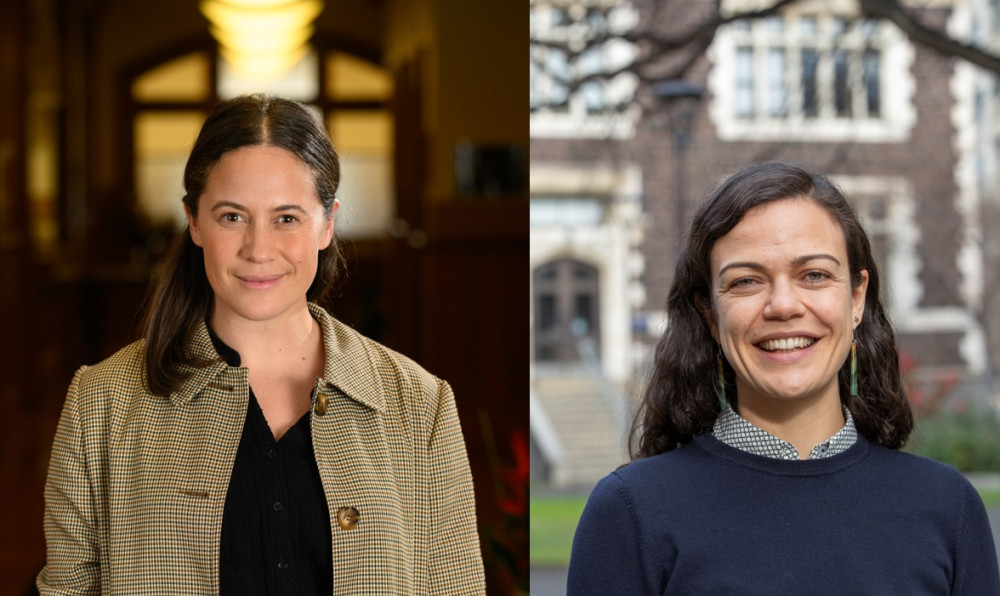Death’s impact on privacy, reputation and mana - merging Pākehā law and tikanga Māori

By weaving together Māori and Pākehā legal systems and worldviews, Professor Nicole Moreham from Te Herenga Waka― Victoria University of Wellington will generate new ways of thinking about law and the status of the dead in contemporary Aotearoa
Published on 7 November whiringa-ā-rangi 2024
In the 2022 case Ellis v R., the Supreme Court confirmed that Māori customary law, or tikanga Māori, can inform the development of common law (the law developed by courts) in Aotearoa New Zealand. The Supreme Court’s recognition of tikanga alone was enough to make Ellis a groundbreaking case, but it also addressed a profound, under-examined question: to what extent does a person’s name and reputation continue in the world after they die, and how (if at all) should that continued presence be protected by law?
Professor Moreham, Mihiata Pirini and Natalie Coates have been awarded a Marsden Fund grant to explore how common law and tikanga might be woven together to answer this question. Tikanga tells us that a person’s mana (prestige, dignity, reputation) transcends death, and is maintained by their whakapapa and whanaungatanga (lineage and relationships). Professor Moreham and her team will hold wānanga to discuss how death transforms mana and impacts tikanga, and examine how Western legal cases centred around the deceased challenge the traditionally “individualistic” nature of common law.
This innovative project will develop nuanced understandings of practices in common law and tikanga, and show how these two worldviews might be combined to best maintain dignity after death. In doing so, this collaborative work explores one of New Zealand’s great contemporary legal challenges: determining how Pākehā law and tikanga Māori could work together.

Associate Investigators Mihiata Pirini and Natalie Coates (photos supplied)
